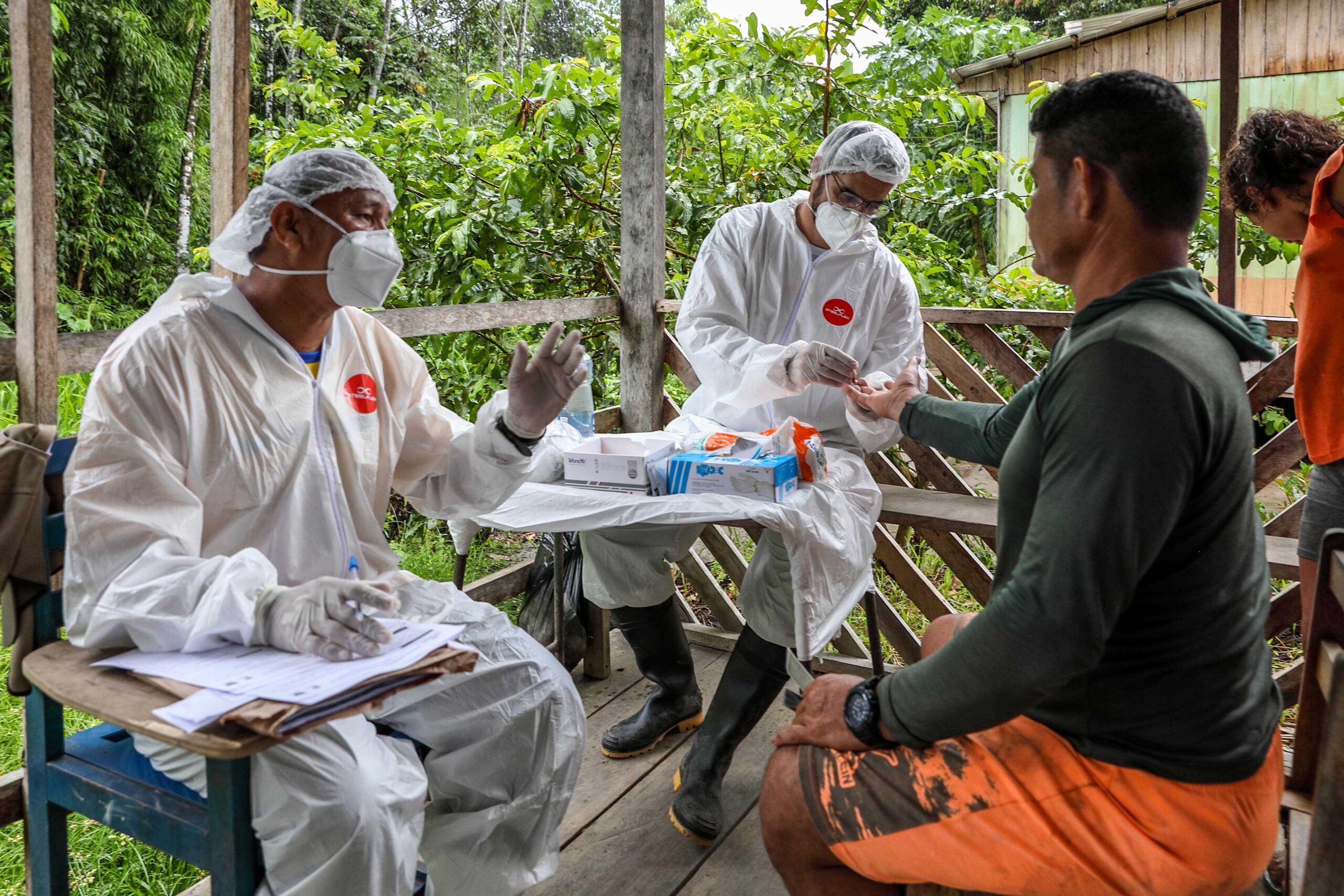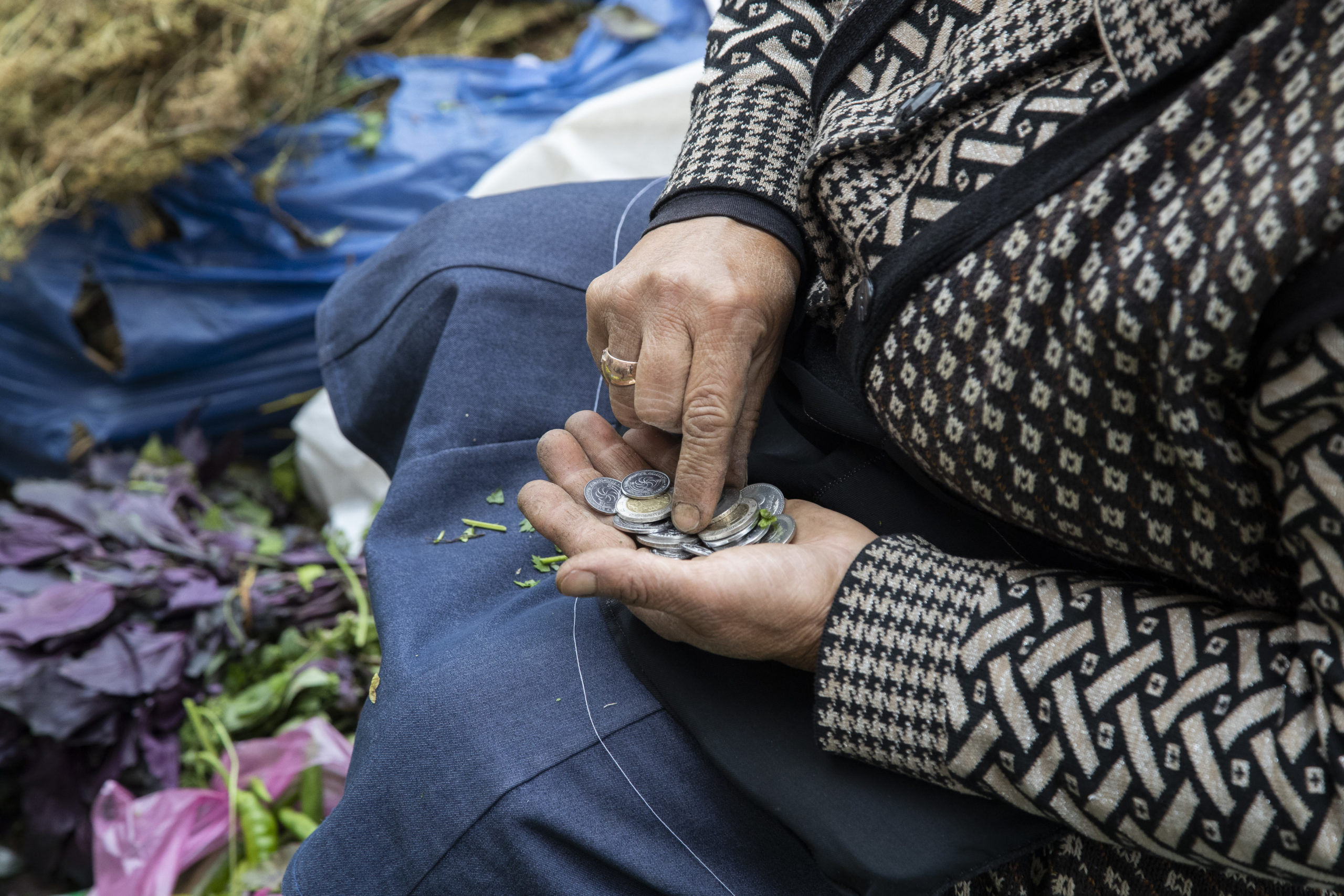What is the relationship between trust in the state and vaccine hesitancy among a marginalized sub-population? This article explores attitudes towards COVID-19 vaccination programmes of informal workers in the context of Lahore, Pakistan, and draws on in-depth conversations with informal workers across four sectors in 2021. It finds a surprising disconnect between vaccine scepticism and actual decisions to have the vaccination. Those that were vaccinated did not necessarily believe in its effectiveness, while trust in the state did not critically shape health-seeking behaviour.
The article observes striking sectoral variation in perceptions of the pandemic and willingness to get vaccinated, with greater scepticism and hesitancy among male-dominated street vendors and transport workers relative to females working as home-based sub-contractors and domestic workers. It argues that this is driven by workers’ heterogeneous access to and interaction with work and public space, which shaped how they experienced lockdowns, interacted with the state and other actors during the pandemic and perceived the risks of the pandemic. The article’s findings highlight heterogeneous dynamics within the informal economy, which it refers to as the gendered geographies of work and movement, and how these can play a critical role in shaping responses to public health measures beyond the context of the informal economy.


